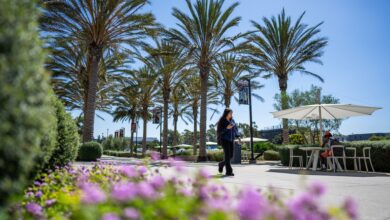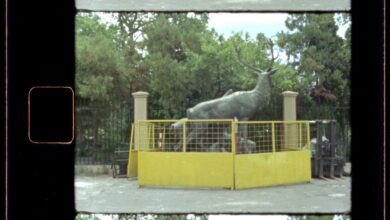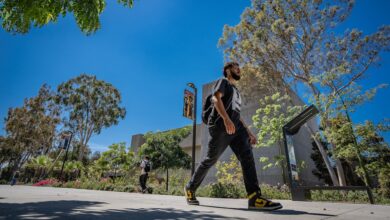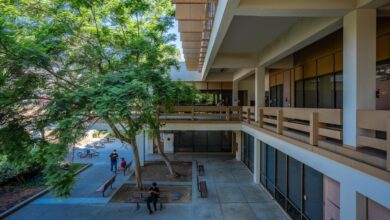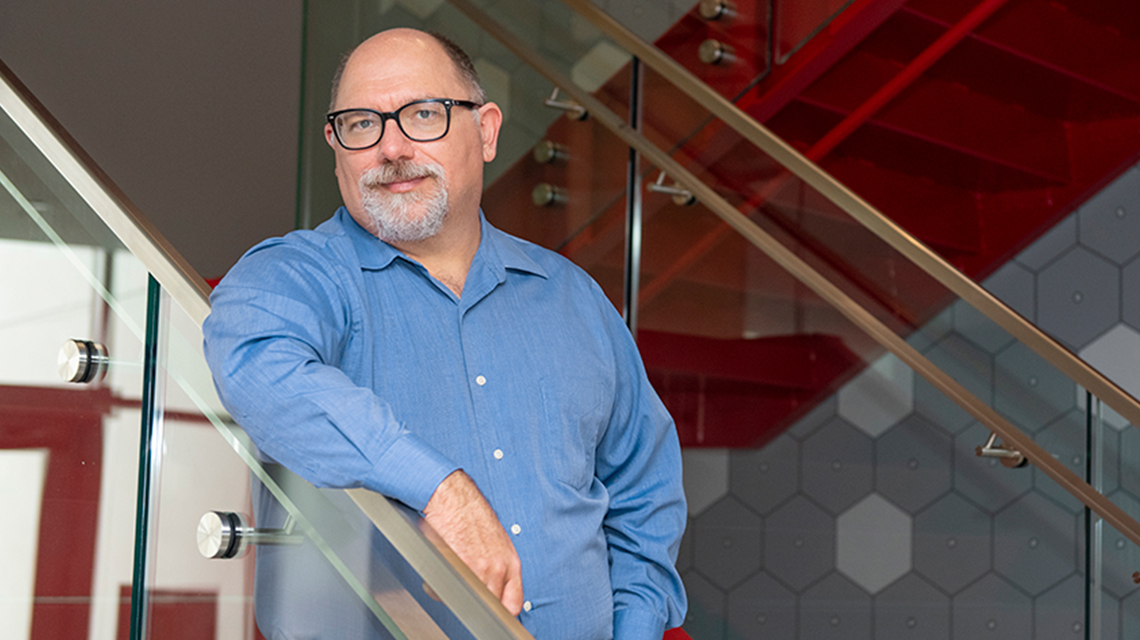
To help address some of the world’s most pressing environmental and sustainability challenges, California State University, Dominguez Hills (CSUDH) Professor of Biology Terry McGlynn has been named a fellow for the 2021-22 North American Cohort of the Earth Leadership Program.
Emphasizing new forms of individual and collective leadership, the Earth Leadership Program enables skilled scientists with theoretical approaches to work collaboratively with diverse stakeholders to address in a significant way environmental issues and policy on campus, in their fields, and in government.
“I plan to be deliberative and effective at leveraging my platform in the scientific community to make a difference when it comes to enacting change on environmental issues,” said McGlynn, who also currently serves as director of undergraduate research at CSUDH. “It would be a real problem if I spent all of my time doing research on biodiversity and rainforests, but not using my expertise to inform policymaking, or to help enact change to protect biodiversity and address the climate crisis.”
The Earth Leadership Program’s North America cohort is comprised of 21 academics from the United States, Canada, and Mexico. They work within a wide array of disciplines related to sustainability, from marine biology to atmospheric chemistry, governance, and economics.
“As a fellow, I’d like to learn how to build the most fruitful connections between researchers, land managers, educators, and policymakers,” McGlynn said. “I also would like to learn how to be more effective in messaging to the broader public about environmental issues, leveraging social media, writing, and public speaking to support change where it is needed.”
McGlynn’s diverse research, pedagogical interests, and writing are informed by decades in the field and an eclectic body of work in ecology, social insect biology, tropical rainforests, and undergraduate education.
His recent accomplishments include a 2019 study that examined the effects of temperature on urban biodiversity, and discovering a distinct and cunning type of “thief ant” in 2015 in a lowland tropical wet forest on the Caribbean Slope of Costa Rica. McGlynn has been taking students to Costa Rica each year to do field research since he arrived at CSUDH in 2007.
In November 2020, McGlynn published the book The Chicago Guide to College Science Teaching, a practical guide for anyone teaching STEM disciplines at the college level. He is also the creator of the popular blog Small Pond Science.
The inflection point for McGlynn’s interest in climate change and its evolution to the work he is doing now happened while he was in college.
“I remember first being alarmed about climate change in a seminar course during my last year of college when we dove deep into then-Senator Al Gore’s newly published book ‘Earth in the Balance’,” McGlynn shared. “That’s part of why I became an ecologist. It took a couple more decades for me to realize that more scientists must take the lead in policy and public engagement. This was inspired by my son, who has been advocating for climate action while in high school, and has been organizing for climate awareness in his school.”
Today, McGlynn is especially concerned about the rapid changes in biodiversity. “The combined effect of climate change and land use change is a threat worldwide – from arid ecosystems to tropical rainforests. Many species will no longer be able to persist where they are currently located, and some may not have anywhere to go,” he explained. “Responding to this challenge will involve building many partnerships that transcend geographical and societal boundaries.”


